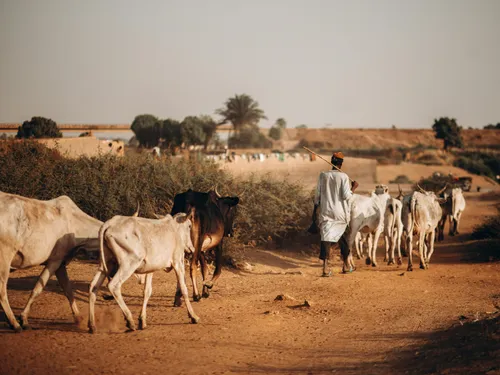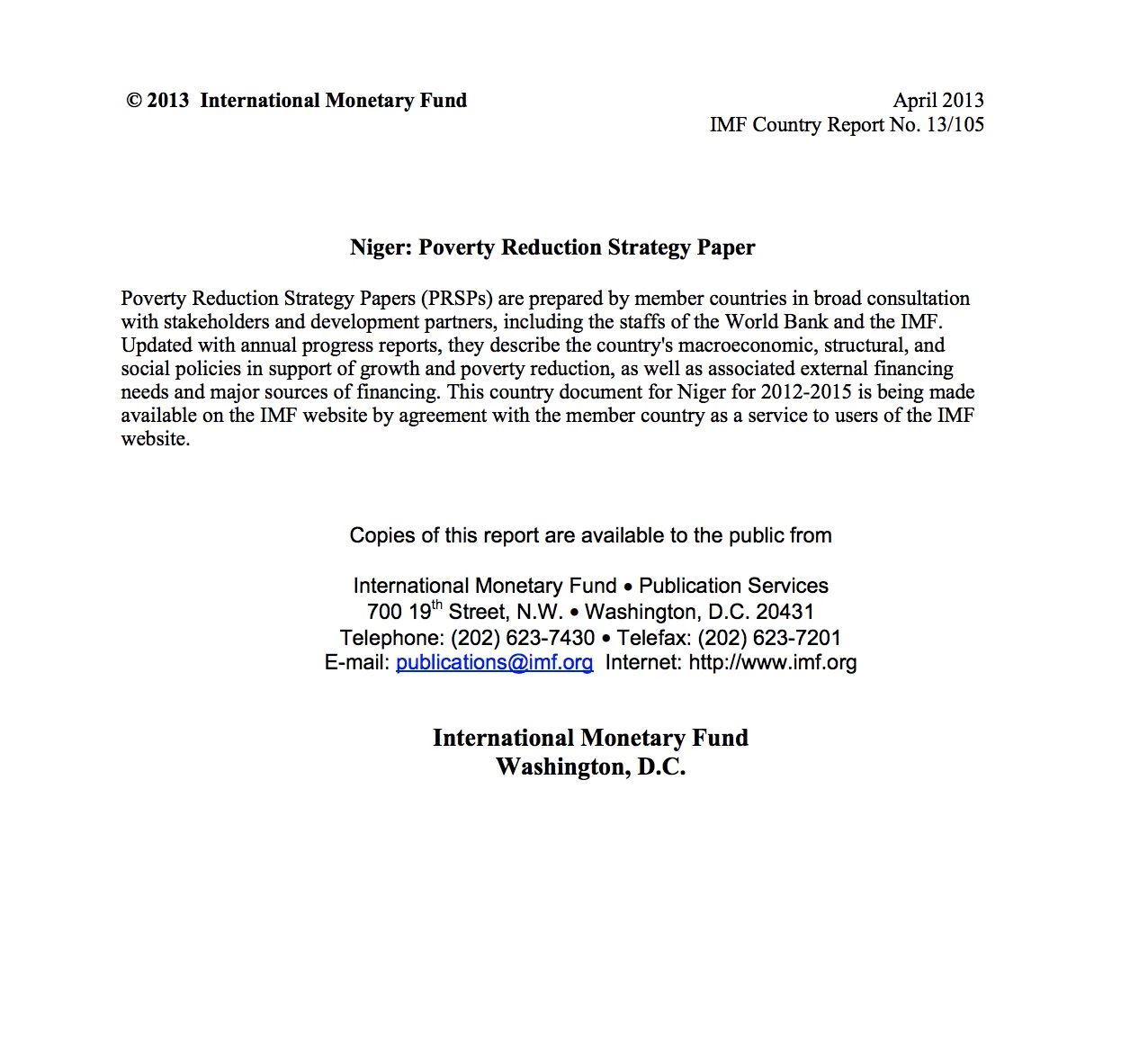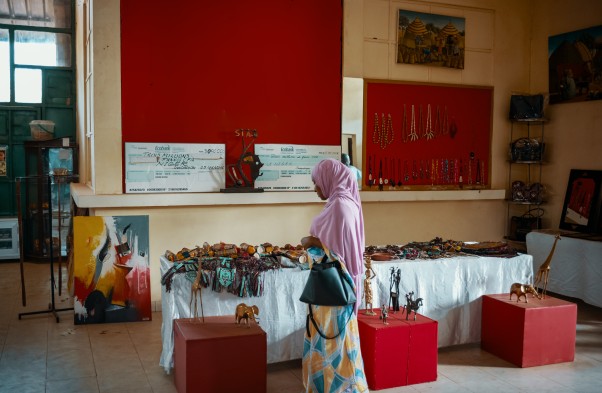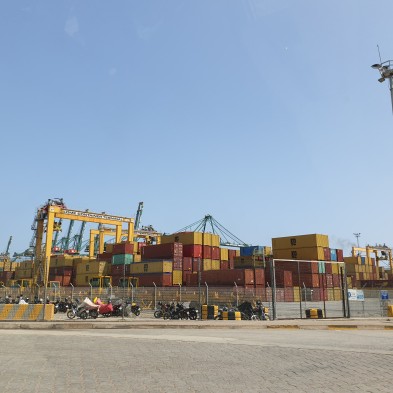
EIF is supporting Niger to effectively mainstream trade into its Plan for Economic and Social Development and the overarching Strategy for Sustainable Development and Inclusive Growth.
Trade has been incorporated into sectoral strategies for tourism, agriculture and mining. Targeted support in the hides and skins sector has been essential in strengthening the institutional and technical capacities of producers and exporters to play a more active role in the commercialization of their products.


Since 2011, EIF has partnered with the Government of Niger to reinforce the institutional implementation by the Ministry of Trade, Industry and Promotion of Young Entrepreneurs. The partnership aims to develop the ability to create and integrate trade‑related policies into national development programmes and to facilitate regional and international trade.
In the next years, efforts will focus on sustaining results, strengthening existing public-private dialogue frameworks, creating a consultation mechanism between technical and financial partners, and training women and youth.
Results:
- 45 bakers, butchers, female agricultural processors and restaurateurs trained in hygiene and quality standards.
- 40 women entrepreneurs from Niger’s eight regions trained on cross‑border trade and trade facilitation in Zinder.
- EIF National Implementation Unit working to promote trade in national sectoral strategies, including livestock, professional development, employment and agriculture.
EIF is working to improve the competitiveness of the hides and skins sector by strengthening the capacity of actors involved across Niger’s eight regions.
Results:
- Developed educational materials on topics including livestock branding, skinning, conservation techniques for hides and skins and tanning processes.
- 5 abattoirs equipped with proper skinning materials.
- 120 hide and skin collectors and 40 livestock agents responsible for the cattle market were trained in conservation and strong techniques for skin and hides.
- 60 tanners were trained in eco-friendly odourless colour tanning and colour fixation of skins
- 40 women were trained in leatherwork, 4 women’s organizations were equipped with leatherworking materials, and 16 women trained in sewing technique and machine maintenance.




